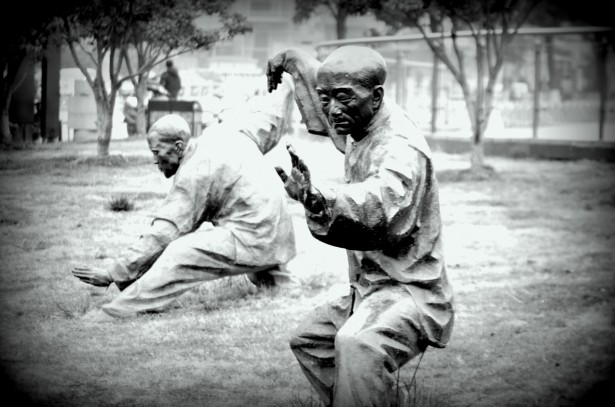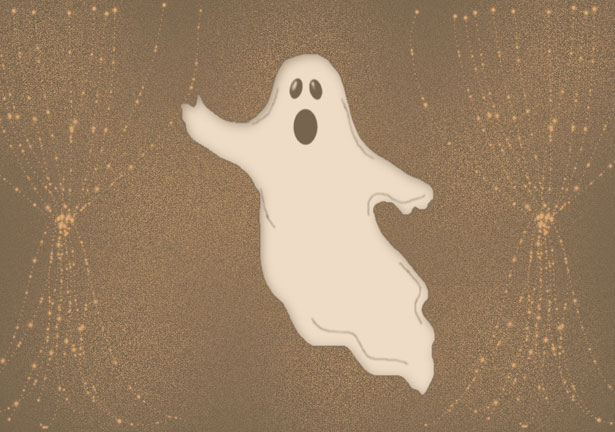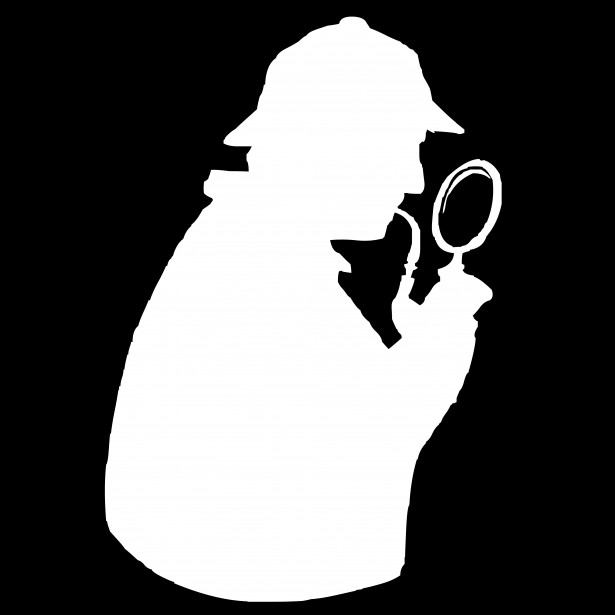Welcome Back!
A while ago, I wrote a post called “Making a list and Checking it Twice”, which described the fundamental elements when working on a story. This post will go into further detail on the second point that was on that list: literary genres.
A genre is a label that characterizes artistic composition, such as literature or music, by analyzing different elements like form, style, or subject matter. In literature, these elements can be identified from various points of the story, like the action in the plot or the mood of the setting.
Different genres require different approaches to telling a story, which can either be fun or a challenge for a new writer. Beginning authors should explore a few genres in order to find the best fit for their writing skills. It is important to know and identify with which genre your project will fall under, because the audience will have preferences and expectations that, as an author, will be your responsibility to fulfill. Failure in doing so will leave the reader feeling cheated.
As an example, imagine going to the theater to see a movie advertised as a Romance story, but after seeing it you discover it was actually a Horror flick. Needless to say you would be disappointed because your expectations would not have been met.
Every form of literature (novel, drama, poem, etc.) can be written in any genre, which is found in either one of two broad categories; Fiction and Non-Fiction. Nonfiction is based on facts and in real experiences. Based on the imagination, works of fiction can be nearly anything, varying from the fantastic to the mundane. Each of these genres can also be further divided into a subset of genres, as seen below:
Comedy: Story where the events are told in a funny or comical manner. Comedy is versatile and can easily be merged with other genres.
Fiction Narrative: Story that draws inspiration from reality or actual events, which have fictitious elements added to it. Is occasionally used for historical re-enactments.
Fantasy: Story based on magic or supernatural elements, relating to out worldly characters and settings. Good examples would be Fairy Tales, Fables and Legends.
Horror: Story told to deliberately evoke a feeling of dread and fear in both the characters and the reader, through suspense, violence or shock. Common examples are stories about ghosts or monsters. For more details on writing scary stories, see my other post by clicking here.
Mystery: A story where the protagonist is in search of the solution to a crime or the unraveling of a secret.
Paranoid: Story where the protagonists perception of reality is explored. This view can be manipulated or affected by forces outside of the protagonists control.
Realistic fiction: Story that may not have a plot, but rather focuses on a naturalistic representation of real life.
Romance: Story involving a character's relationships or love interest. This genre is commonly seen combined with other genres.
Speculative: Stories which theorizes about out worldly settings which are unlike the real world in various important ways. Examples of speculative fiction are post-apocalyptic fiction, or stories that explore alternate history.
Thriller: Story where harm and misfortune risk affecting the protagonist(s), involving high levels of fear and suspense. The protagonist is often pitted against an unbeatable force, be it a natural disaster or a merciless psychopath.
Urban: Story which describes the everyday life of its characters taking place in a city landscape. Also known as Street lit, this type of fiction is usually very dark, focusing on elements such as race, gangs, sex and violence.
I'm still experimenting with genres myself. I have a pretty good idea of which genres I should avoid and still looking for those I might surprised myself in. Until then, I plan on further practicing those I am comfortable with. But right now, I hope my post have cleared a few things up for you.
Until next time,
Patrick Osborne.
edited on 2017-08-23











No comments:
Post a Comment